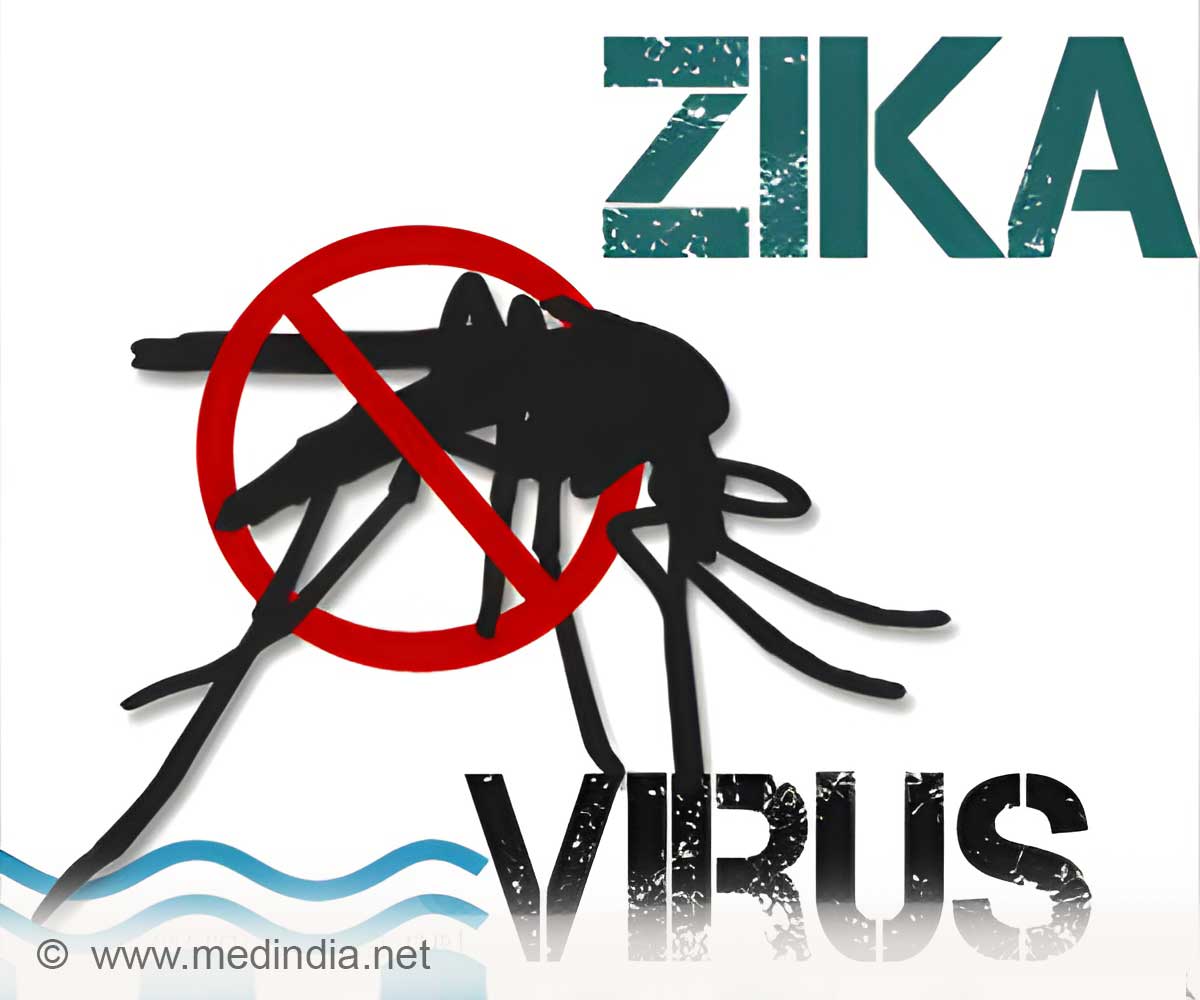Even after feeding high levels of Zika virus, Culex mosquitoes remain refractory to infection and are highly unlikely to transmit the infection to humans.
The
Aedes aegypti mosquito is largely responsible for the current outbreaks of Zika infection. Researchers have identified Zika virus in mosquito species other than the
Aedes aegypti. This discovery has raised concerns that different mosquito vectors may be capable of transmitting the virus.
However, a new study demonstrates that even after feeding high levels of Zika virus,
Culex species mosquitoes remain refractory to infection and therefore highly unlikely to transmit the infection to humans as supported by evidence published in
Vector-Borne and Zoonotic Diseases.
‘Even after feeding high levels of Zika virus,
Culex species mosquitoes remain refractory to infection and therefore highly unlikely to transmit the infection to humans.’





Entitled "
Culex Species Mosquitoes and Zika Virus," the report demonstrates that the most widespread and abundant
Culex species in the United States are very resistant to Zika virus infection even when exposed to high levels in a bloodmeal. In a timely finding with important implications for Florida and other emerging areas of Zika virus infection.
Yan-Jang Huang, Dana Vanlandingham and co-authors from the College of Veterinary Medicine and Biosecurity Research Institute, Kansas State University (Manhattan, KS), Rutgers University (New Brunswick, NJ), Mercer County Mosquito Control (Trenton, NJ), University of Florida (Vero Beach, FL), and Agriculture Research Service, United States Department of Agriculture (Manhattan, KS), showed that
Culex quinquefasciatus, for example, a mosquito species from Vero Beach, FL, is refractory to infection with Zika virus.
The information presented helps to target appropriate mosquito control. Non-target species such as bees can be affected without that focus.
The authors recommend that mosquito control efforts in areas of Florida with non-travel-related cases of infection should continue to focus on
Aedes species.
A subsequent Brazilian study (Guedes DRD et al., biorxiv 2016, unpublished preprint) has shown the capacity for Brazilian
Culex quinquefasciatus to be infected and to transmit Zika virus.
Advertisement
University of Aix-Marseille visiting Professor Ernest Gould commented, "Prior to its totally unexpected emergence, dispersion and subsequent association with microcephaly, Guillain Barre syndrome, materno-fetal, sexual, and post-transfusion transmission, Zika virus was a relatively neglected arbovirus with less than 20 recorded human infections globally. However, it is currently one of the most reported (in the media) arboviruses of all time. The emergence of Zika virus in this form has truly shocked the world. Moreover, since Zika virus is an arbovirus that no longer relies upon the natural sylvatic jungle reservoir, one of the many burning questions is, has it evolved the ability to exploit mosquito vectors such as
Culex species (the vectors of West Nile virus) in order to increase this amazing epidemiological success. The paper by Vanlandingham's group describes laboratory experiments to assess the transmission competence of
Culex species and provides strong evidence to support the view that
Culex species mosquitoes are highly unlikely to be important vectors of Zika virus. This report provides very helpful guidance for health agencies charged with the responsibility of controlling local mosquito populations in regions of North America where Zika virus presents a potential threat."
Source-Eurekalert















